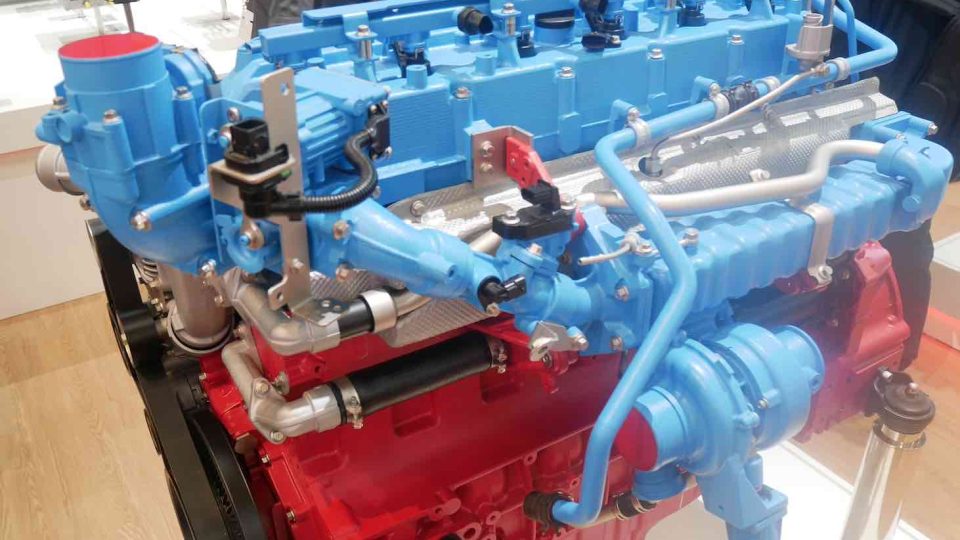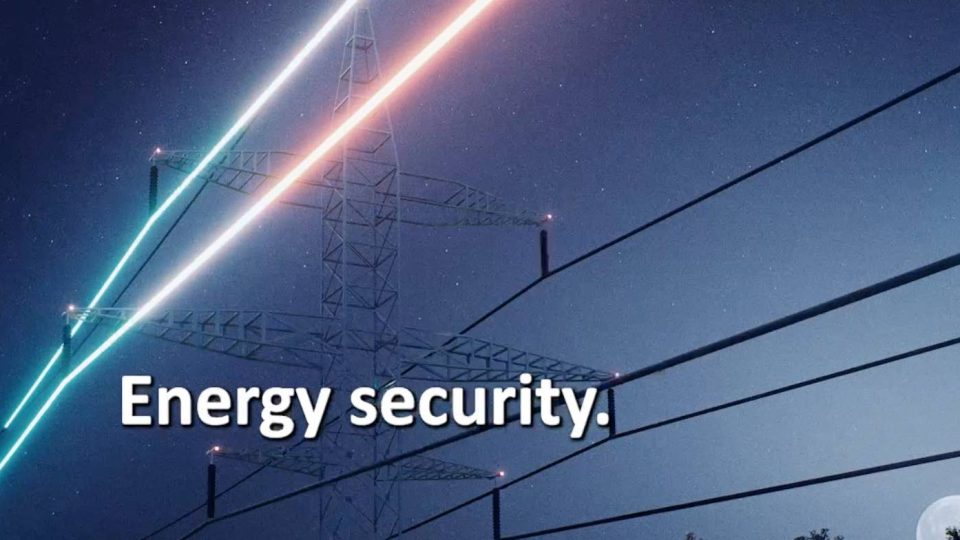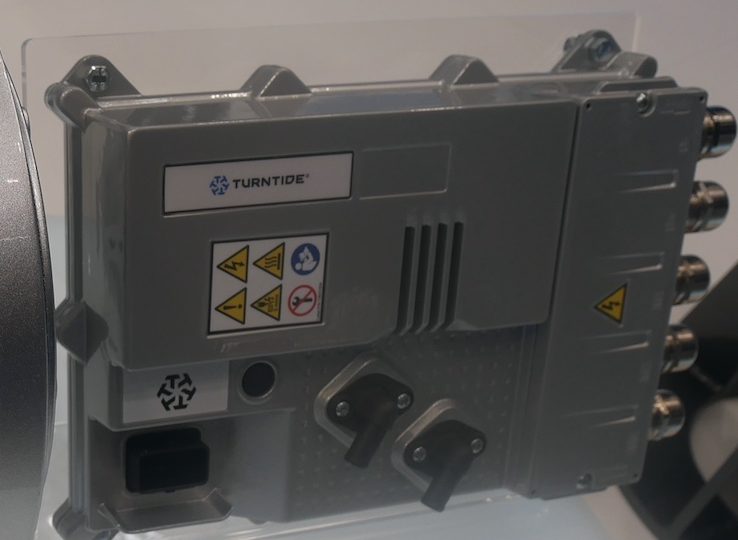Volvo Group to achieve SBT (Science Based Targets)
Volvo Group’s climate targets are in line with the Science Based Targets initiative (SBTi).Volvo Group and SSAB have signed a collaboration agreement focused on vehicles to be made of fossil-free steel, made by SSAB using hydrogen
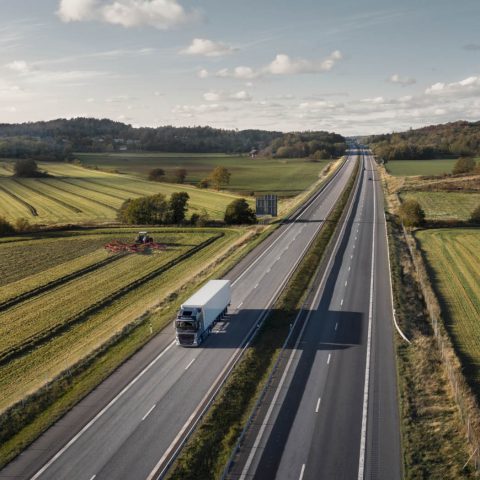
Volvo Group has a clear strategy for achieving Science Based Targets, in line with the Paris Agreement Paris agreement.
Volvo Group and SBT initiative in three steps
According to the company, Volvo Group has committed to the latter option and is taking it further in several areas:
- In an industry-first, Volvo Group has developed its own pathway towards the 1.5⁰C target for trucks and buses, with a targeted emissions reduction of 40% per vehicle km by 2030.
- Volvo Group’s targets for indirect emissions covers approximately 95% of the products sold. This is industry-leading and well above SBTi’s minimum requirement of 67%.
- Volvo Group targets to reach net-zero value chain emissions by 2040 at the latest, ten years earlier than the SBTi commitment. Volvo’s products have an average lifetime of ten years in the customer use-phase. For the entire rolling fleet to have net-zero emissions by 2050, it is necessary that all products delivered after 2040 have net-zero emissions.
Lundstedt says
«We are determined to be a climate-neutral company by 2050 in line with the Paris Agreement. This means that our vehicles and machines will be emission-free when in operation but also that we will review the materials, like steel, used in our products and will gradually switch to fossil-free alternatives here as well. This is an important step on the road to completely climate-neutral transports,» says Martin Lundstedt, President and CEO at Volvo Group.
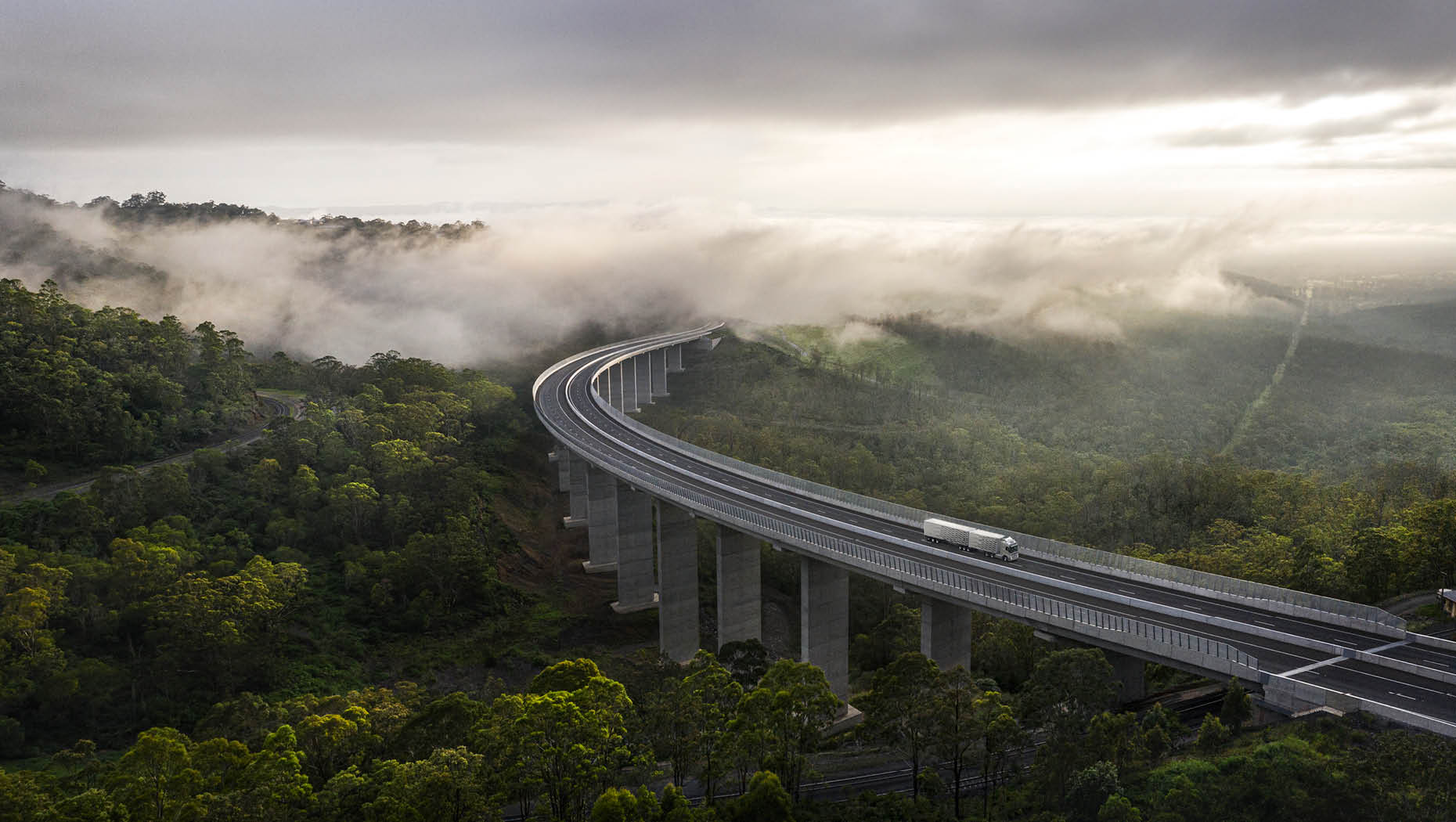
Volvo and SSAB
About Volvo Group SBT initiative, Sweden company will start manufacturing the first concept vehicles and machines with steel from SSAB using hydrogen already in 2021. Plans are for smaller-scale serial production to start during 2022 and for a gradual escalation towards mass production to follow. Volvo and SSAB will also work together in research and development to optimize the use of steel in Volvo’s products with regard to weight and quality. Together, the two companies will develop a number of products of fossil-free steel with the goal of reaching serial production within a few years. Newly made fossil-free steel from SSAB will be an important complement to the traditional and recycled steel used in Volvo’s trucks, construction equipment and other products. Fossil-free steel will be made by a completely new technology using fossil-free electricity and hydrogen. The result will be a much lower climate impact and a fossil-free value chain. The steel industry considers that the need for steel will grow significantly in the long term and that newly made fossil-free steel will be needed to meet this demand. The collaboration framework also includes a review of common logistics solutions that can contribute to reducing SSAB’s environmental impact from internal and external transports. The ambition is to use Volvo vehicles that are powered by batteries or fuel cells.
Steel made using hydrogen
SSAB aims to start supplying the market with fossil-free steel at a commercial scale in 2026. Development of a fossil-free value chain from mine to finished steel products will take place within the framework of the HYBRIT initiative, which SSAB has been driving with LKAB and Vattenfall since 2016. A pilot plant has been in place since August 2020 and this will soon start to produce smaller volumes of sponge iron made using hydrogen. This steel will be used to make the steel for use in this collaboration.




